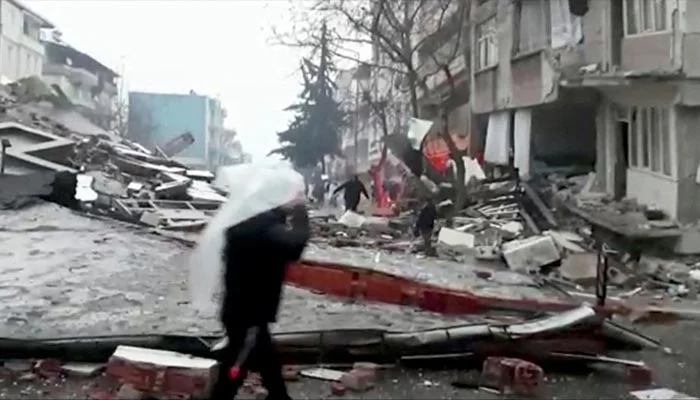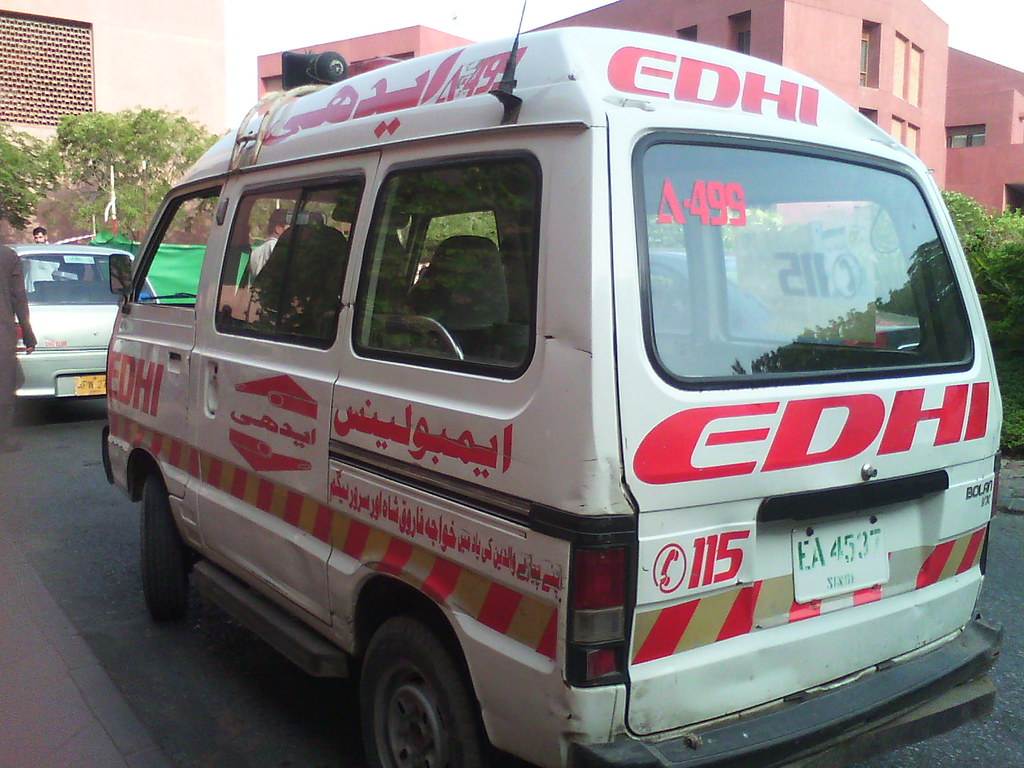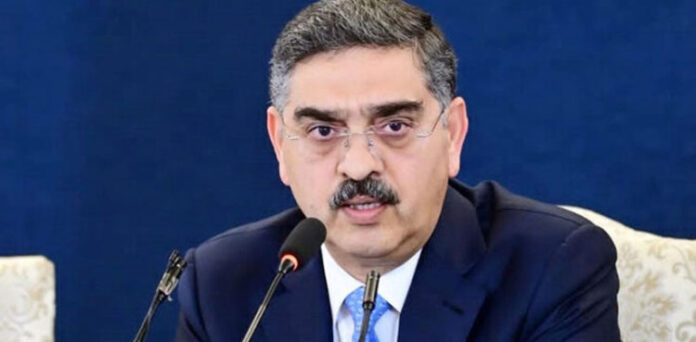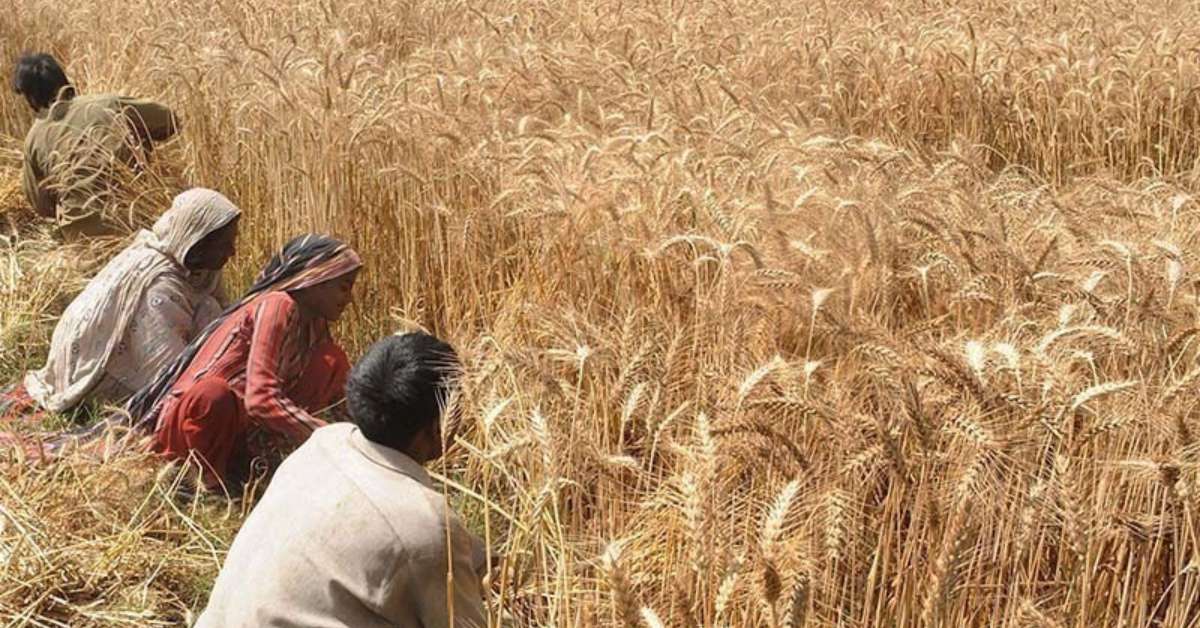- Pakistan offers condolences over loss of lives.
- Says nation stands with Turkey in this hour of grief.
- Pakistan ready to extend all possible support, FO says.
Pakistan Monday extended all-out support in the relief efforts as an earthquake of magnitude 7.9 rattled central Turkey and northwest Syria, killing nearly 15,00 and injuring thousands across the quake zone.
Earlier today, a deadly earthquake jolted Turkey and was felt in Cyprus, Lebanon and Syria. Dozens of buildings collapsed while a search for survivors under the rubble is underway.
In a statement issued by the Foreign Office, Pakistan offered condolences over the loss of lives from the earthquake.
“The Government and people of Pakistan are deeply saddened to learn that a severe earthquake hit parts of Southern Türkiye earlier today, resulting in loss of precious lives and extensive damage to property,” said the statement.
It added that the Pakistani nation stands in complete solidarity with its Turkish brethren in this hour of grief. “We extend our deepest condolences to the bereaved families and pray for early recovery of those injured,” said the FO.
“Pakistan stands ready to extend all possible support in the relief effort,” said the statement, adding that “we are confident that the resilient Turkish nation will overcome this natural calamity with characteristic grit and determination.”
President, PM offer condolences
President Dr Arif Alvi offered his condolences over the loss of lives in Turkey and Syria due to a powerful earthquake that hit both regions. “My condolences to President Erdogan, people of Turkiye and the families of the victims of the earthquake,” he said.
Prime Minister Shehbaz Sharif expressed deep sadness over the loss of lives and damage to the infrastructure in Turkey and Syria.
“We send our heartfelt condolences and most sincere sympathies to the government and the people of Syria who have suffered major human and material losses from the devastating earthquake early this morning,” he wrote.
Foreign Minister Bilawal Bhutto-Zardari offered his condolences and prayed for those who got injured.
“May Allah protect the world from national calamities,” Bilawal said.
‘Level 4 alarm’
A major earthquake of magnitude 7.9 struck central Turkey and northwest Syria on Monday, killing about 300 people as buildings collapsed across the snowy region, and triggering a search for survivors trapped in the rubble.
The quake, which hit in the early darkness of a winter morning, was also felt in Cyprus and Lebanon.
“I have never felt anything like it in the 40 years I’ve lived,” said Erdem, a resident of the Turkish city of Gaziantep, near the quake’s epicentre, who declined to give his surname.
“We were shaken at least three times very strongly, like a baby in a crib.”
Turkey’s disaster agency said 76 people had been killed, and 440 hurt, as authorities scrambled rescue teams and supply aircraft to the affected area, while declaring a “level 4 alarm” that calls for international assistance.
“Everybody is sitting in their cars or trying to drive to open spaces away from buildings,” Erdem said by telephone.
The region straddles seismic fault lines and is prone to earthquakes.
President Bashar al-Assad was holding an emergency cabinet meeting to review the damage and discuss the next steps, his office said.
“Wounded people are still arriving in waves,” Aleppo’s health director, Ziad Hage Taha, told Reuters by telephone.
President Tayyip Erdogan spoke by telephone with the governors of eight affected provinces to gather information on the situation and rescue efforts, his office said in a statement.
Syrian state media said more than 100 people were killed and dozens injured there, most in the provinces of Hama, Aleppo and Latakia, where numerous buildings had been brought down.


 Business3 days ago
Business3 days ago
 Business3 days ago
Business3 days ago
 Business3 days ago
Business3 days ago
 Latest News3 days ago
Latest News3 days ago
 Latest News3 days ago
Latest News3 days ago
 Business3 days ago
Business3 days ago
 Business3 days ago
Business3 days ago
 Latest News3 days ago
Latest News3 days ago












